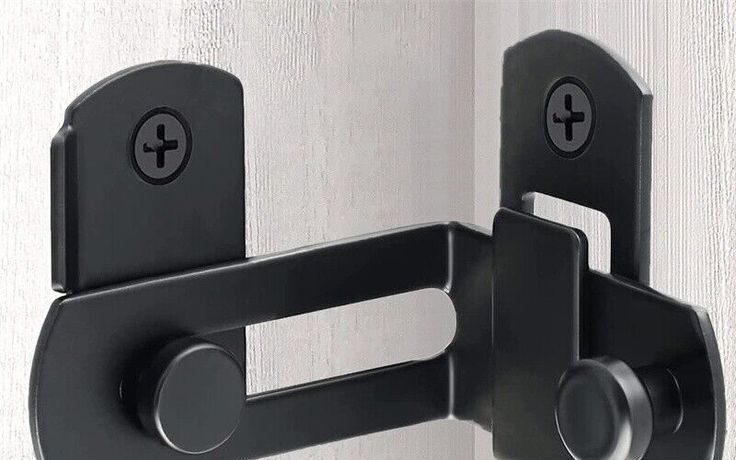Sliding doors bring a sense of elegance and convenience to homes, offering easy access while maximizing natural light. However, like any feature in your home, sliding door locks can run into problems over time. A malfunctioning lock not only compromises security but can also create frustration when you’re trying to secure your space or gain entry. Understanding the common issues with sliding door locks is essential for homeowners who value both safety and functionality. From sticky mechanisms to misalignments, these problems are more common than you might think. Let’s delve into what could be going wrong with your sliding door lock and how you can address it effectively.
Common problems with sliding door locks
Sliding door locks are essential for security, but they can face several issues. One common problem is misalignment. Over time, the door may shift or warp, making it difficult to engage the lock.
Another frequent issue is wear and tear on the locking mechanism itself. Regular use can lead to rust or dirt buildup, which affects performance. A sticky lock often indicates that it’s time for a thorough cleaning.
Sometimes, keys can get stuck in sliding door lock due to internal damage or debris inside the cylinder. This not only causes frustration but also poses a risk of breaking your key.
Temperature changes can impact the materials used in sliding doors and their locks. Expansion and contraction may result in locking difficulties when trying to secure your door during extreme weather conditions.
Types of sliding door lock mechanisms and their potential issues
Sliding door locks come in various mechanisms, each with its unique features and potential pitfalls. A common type is the hook lock, which uses a curved hook to latch onto the frame. While secure when functioning correctly, debris build-up can prevent it from engaging fully.
Another prevalent option is the mortise lock. This mechanism fits into a pocket cut into the door edge. Regular wear and tear may cause misalignment over time, leading to difficulties in locking or unlocking.
Keyed cylinder locks offer added security but are prone to key jamming or internal part failure. If not maintained properly, they could compromise your safety.
Electronic sliding door locks provide convenience but rely heavily on batteries and technology. Power failures or software glitches can render them useless when you need them most. Each type has advantages and challenges; being aware of these helps in anticipating issues before they escalate.
Steps to troubleshoot and fix common problems
Start by inspecting the lock mechanism for visible damage or debris. Dust and grime can build up over time, affecting functionality. A quick clean with a damp cloth might do wonders.
Next, check the alignment of the door within its frame. Misalignment often leads to locking issues. If it’s off-center, you may need to adjust the hinges or rollers.
If your key is stiff in the lock, lubricate it with graphite powder. Avoid oil-based products as they attract dirt.
For locks that won’t engage, try tightening any loose screws around the handle and plate.
If you’ve tried all these steps without success, consider consulting a professional locksmith for more complex problems that require specialized tools or expertise.
When to consider replacing your sliding door lock
Sometimes, repairing a sliding door lock isn’t the best option. If you’ve tried troubleshooting and fixing the issues with no success, it may be time for a replacement.
Consider replacing your lock if it’s old or significantly damaged. Locks can wear down over time due to frequent use, weather exposure, and general wear and tear. If you notice signs like rusting or cracking in the casing, that’s a clear indicator.
Another reason to replace your sliding door lock is security concerns. Older locks may not meet modern safety standards, making them easier targets for intruders. Investing in a new lock system can provide peace of mind knowing your home is secure.
If you’ve upgraded other aspects of your home security but still have an outdated sliding door lock, it might be worth matching everything to enhance overall protection.
When selecting a new locking mechanism, opt for high-quality products known for durability and reliability. Additionally, consider consulting professionals who specialize in locks so you choose one that fits your needs perfectly.
Taking these steps will ensure that your sliding doors are not only functional but also safe and secure.





